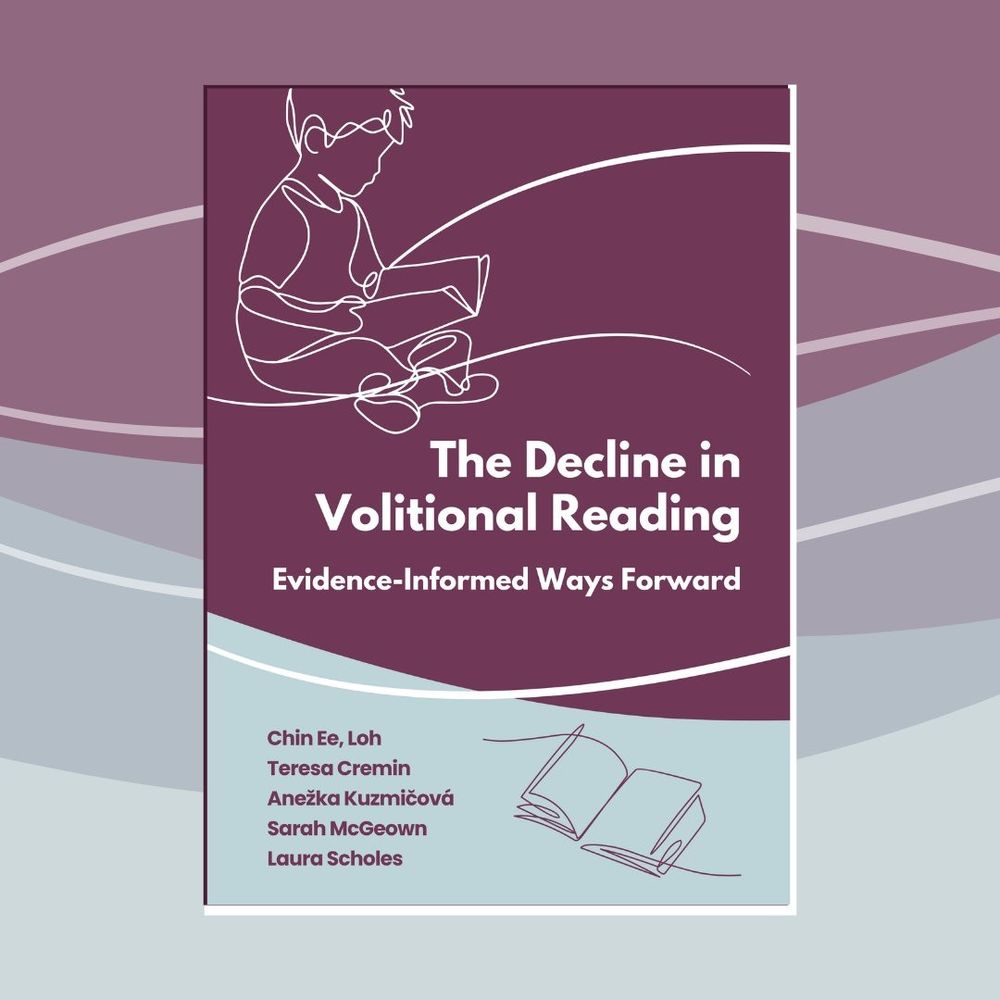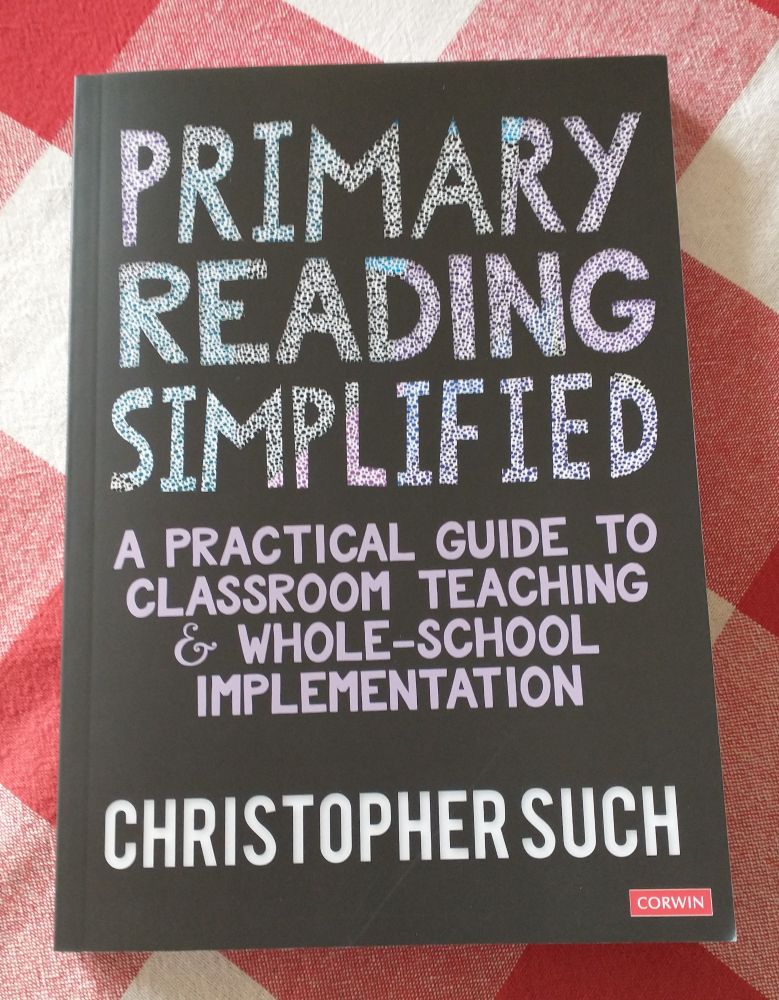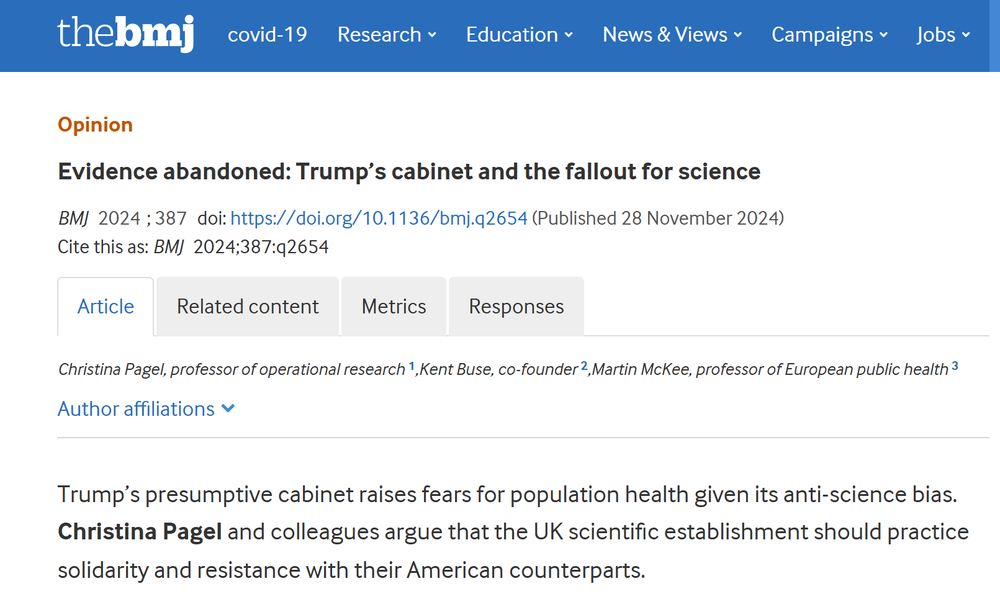
The Literacy Hub
@katharinebarden.bsky.social
340 followers
310 following
28 posts
Dr Katharine Barden, founder of www.theliteracyhub.co.uk and LIfTT, the Literacy Intervention for Teens and Tweens. Literacy intervention specialist. Developing practical, evidence-based resources for adolescents who struggle with reading and spelling.
Posts
Media
Videos
Starter Packs
🎙️ On tomorrow’s Impact Podcast, we’ll be discussing the latest announcements from the Welsh Government.
📚 We’ll also be joined by special guest Rob Randel to discuss developments in reading.
🎧 Listen on your podcast platform, or on our website at impact.wales/podcasts
📚 We’ll also be joined by special guest Rob Randel to discuss developments in reading.
🎧 Listen on your podcast platform, or on our website at impact.wales/podcasts
Reposted by The Literacy Hub
Reposted by The Literacy Hub
The drop in reading stamina starts way before college. I’ve an article in @thebookseller.com about this, and how we might slow down that slide.
www.thebookseller.com/comment/pull...
www.thebookseller.com/comment/pull...
Reposted by The Literacy Hub
Reposted by The Literacy Hub
Reposted by The Literacy Hub
Reposted by The Literacy Hub















